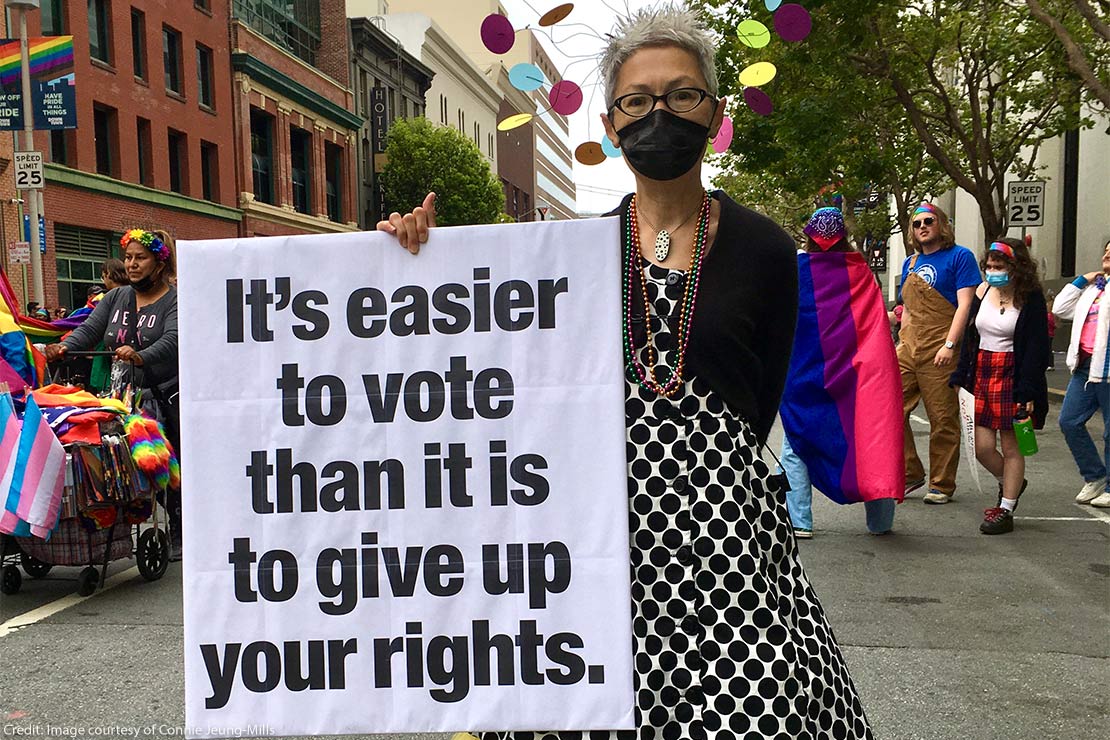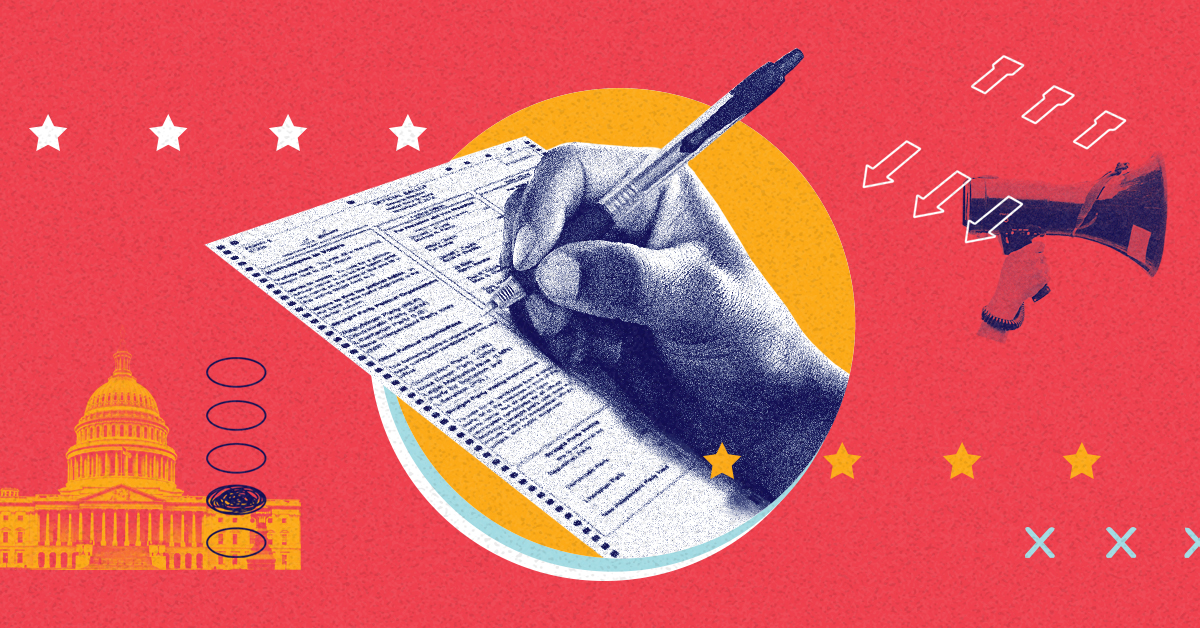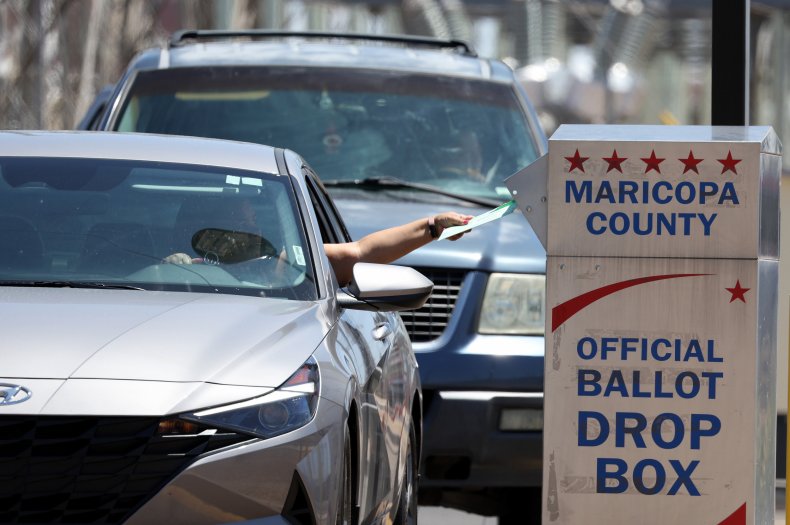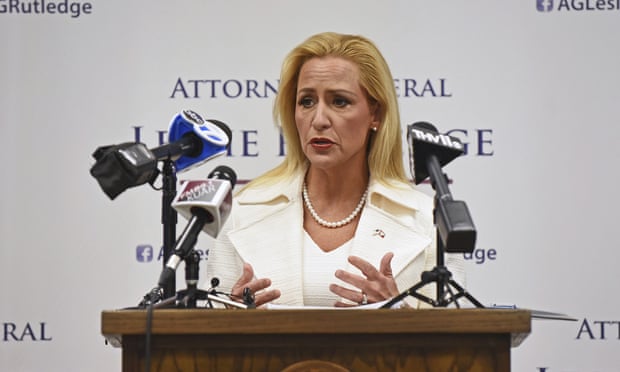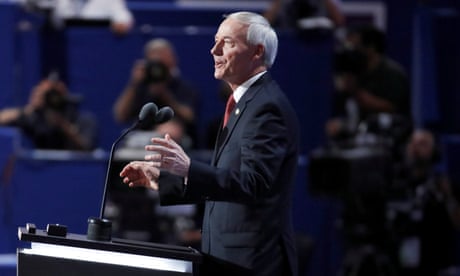The sinkhole contained trees that were 40 metres tall and thick “shoulder-height” vegetation
It was discovered using satellite imagery and explored in early May in an expedition
Kevin McSpadden
25 May, 2022

Sinkholes are common phenomenons in China’s karst landscapes. Photo: CGTN
It is not every day that scientists stumble on to a beautifully preserved ancient forest nestled deep inside a sinkhole the size of a large residential complex.
Such a discovery was made in a stunning karst mountain range in Guangxi Zhuang autonomous region in south China when a team of explorers entered the 192-metre-deep sinkhole on May 6 and found a forest that featured trees that were almost 40-metre tall.
The sinkhole also featured other plants that were “shoulder-height”, said Chen Lixin, the leader of the expedition team, in an interview with Xinhua, China’s state-owned wire service. Videos of the exploration reveal a dense plush forest.
Chen added that he would not be surprised if undiscovered plant and wildlife species lived in the sinkhole.

The large sinkhole featured a beautiful forest that had been untouched by human activity.
Besides being deep, the sinkhole is 306 metres long and 150 metres wide, meaning it qualifies as a large sinkhole.
The scientists said the forest was “a well-preserved” ancient woodland, which means it had probably never been disturbed by human activity. These types of woodlands, also called primitive forests, can be ecological jewels because they showcase an ecosystem devoid of human interference.
Sinkholes, also known as dolines, are created by the above-ground surface collapsing upon itself because of erosion caused by rainwater and groundwater seeping through the cracks in dissolvable rocks like limestone. They are a common feature of karst topography.
In Leye county, where the giant sinkhole was found, there are 29 other similar sinkholes in the nearby area.
This sinkhole took the expedition crew an entire day to explore because they had to abseil about 100 metres down the side of the hole before trekking for several hours through thick vegetation to reach the bottom.
Zhang Yuanhai, a senior engineer with the Institute of Karst Geology of China Geological Survey, told Xinhua that there are three large caves along the sinkhole walls, which he said were likely the scars left from geological degradations that led to the collapse.
He said the sinkhole was found by his friend, surnamed Wu, who used satellite imagery to pinpoint the likely location of the geological phenomenon.
Zhang said he went to the area to confirm Wu’s hypothesis that the area contained a sinkhole and then organised a more official expedition to explore it properly.
He said that it had been “six or seven years” since the last sinkhole was discovered in the area.
Large sinkhole discovered in southern China, the 30th of its kind in the same county
China is home to the world’s deepest sinkhole, Xiaozhai Tiankeng, which measures 662 metres deep and was caused by a massive underground river that still flows below the natural wonder.
Much like the new-discovered sinkhole, it features a full-scale ecosystem, including a stunning cave connected to an underground river found in 2017 by a team based in Hong Kong.
The term tiankeng means “heavenly pit” in Chinese.
According to Nasa, 13 per cent of East and Southeast Asia is karst topography. China’s landscapes are particularly spectacular, with places like the Guilin countryside in Guangxi and The Swords at the Stone Forest in Yunnan province attracting tourists from all over the world.
In the Bahamas, Dean’s Blue Hole is another sinkhole famous for its natural environment, except that it formed in the ocean and is home to a large population of tropical fish, making it one of the world’s top destinations for snorkelling and scuba diving.




